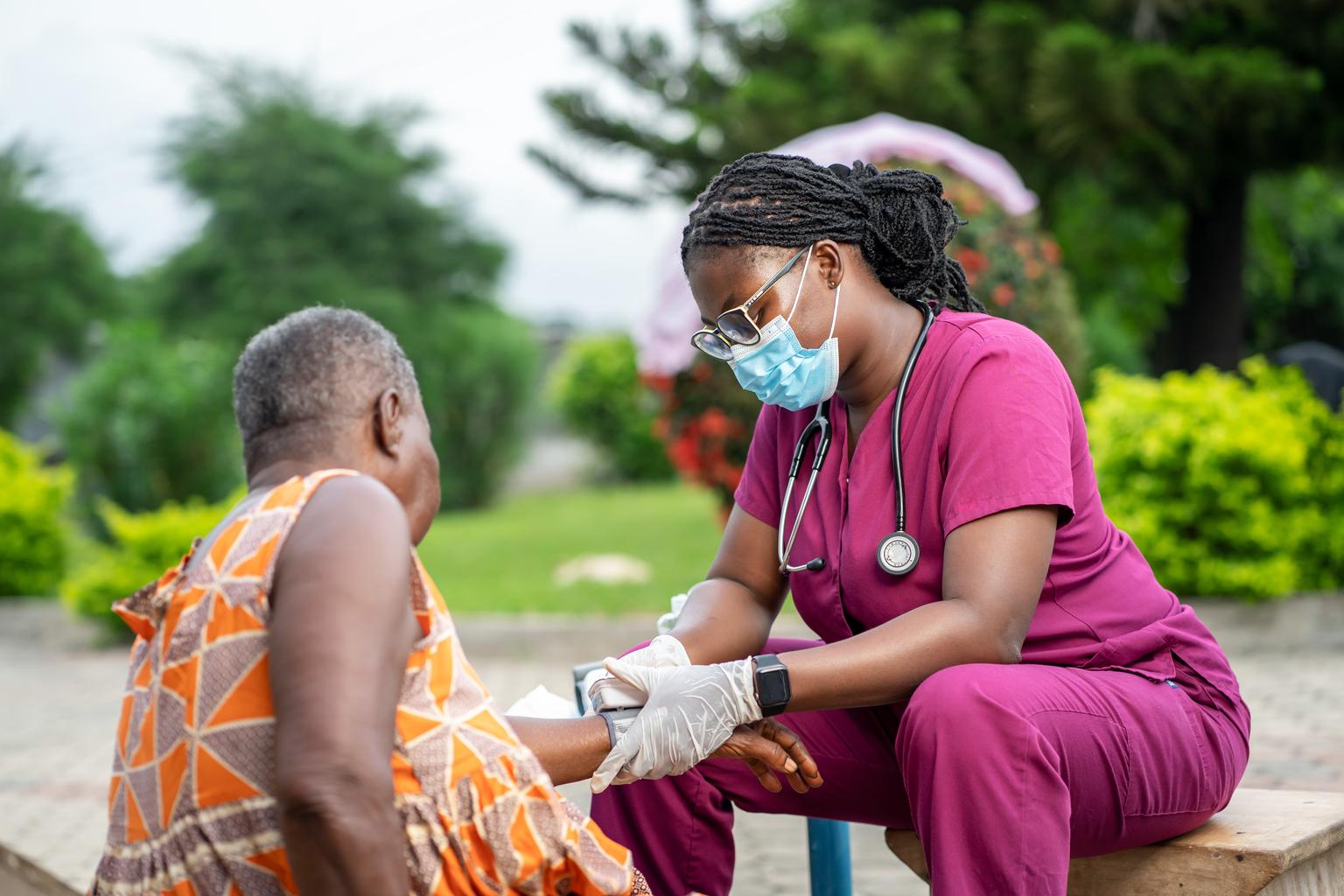One of the unintended things that medical students may learn during their training is that stress, physical fatigue and doubt are enduring, if unfortunate, parts of the profession. As a paper published in Cureus notes, physician burnout is quite common, with upwards of 50% of attendings, 78% of surgical residents and 66% of nonsurgical residents suffering symptoms.
Because it’s often considered an ingrained, systemic issue, alleviating and even avoiding burnout may require turning to unexpected sources for fresh strategies. A paper published in Academic Medicine offers insight into three lessons that business schools can teach us about managing burnout.
1. Make room for creativity
Academic Medicine notes that medical training itself, including the classes students take before they begin rotations, the clinical rotations themselves and important milestones like the USMLE, all emphasize learning by memorization and recall. The ability to amass and recite large amounts of information is rewarded, and routine is praised. However, this emphasis on routine can be overdone, leading us to a lack of appreciation for the human factor in medicine. It can distract us from the deeply personal reasons that motivate us to enter this demanding profession in the first place.
Programs in business school often base learning experiences on real-life or simulated cases. This allows students to “think outside the box” and hone their problem-solving skills both individually and as a group, emphasizing innovation and creativity.
Those are resources that more medical schools are now seeking to encourage. The Duke School of Medicine incorporates a year of scholarly work into its curriculum so that medical students can learn more about topics that interest them and continue focusing on innovation in order to improve current medical practices and add to the collective knowledge of the medical world.
Read the full paper in Academic Medicine!
2. Manage stress
We all learn very early in our medical careers that the clinical setting is an inherently stressful environment. Academic Medicine notes that this stress comes from a number of sources: making life-or-death decisions, interacting with patients and families who may be in crisis and working with fellow healthcare professionals who are likely experiencing a great deal of stress. This stress may be compounded by the fact that physicians are not always well-trained in how to support learning and reflection for the medical students they’re trying to teach.
Business schools also matriculate students who will work in trying situations, but they are skilled at training those students in how to flourish in high-stress environments. For example, the Stanford Graduate School of Business trains students in the skills they’ll need to navigate difficult interpersonal scenarios, such as conversations where an employee is let go or refused a promotion. Similar skills should also be required knowledge for medical students, something Stanford already realizes—the Stanford course on “managing difficult conversations” is crosslisted in the business and medical school curricula.
And at least some research has gone into interventions that help in reducing stress and avoiding burnout among medical students. A 2017 meta-analysis in the Journal of Graduate Medical Education noted that one particular intervention associated with a reduction in burnout among residents is the reduction of work hours. BMC Medical Education also notes that reduction in burnout could be accomplished by teaching medical students to lead a healthy lifestyle, learn relaxation techniques and seek social supports.
3. Provide career support
Given the incredible commitment of time, energy and personal sacrifice that comes with becoming a practicing physician, Academic Medicine notes that career prospects can be another significant source of stress for medical students. With incomes in the medical profession stagnating, according to Healthcare Finance, and other fields such as business or technology offering well-compensated career opportunities, medical students can often feel frustrated or even doubtful about their career choices. Unfortunately, the medical profession doesn’t usually provide safe places to express these feelings.
At business schools, intensive career counseling is routinely offered to keep business students aware of the latest on salaries, development opportunities and working conditions in their chosen profession. Business schools also regularly match their young students with mentors in the field who can provide guidance and help them navigate their new profession. By incorporating these strategies into their own curricula, medical schools could help students grow into their careers.





